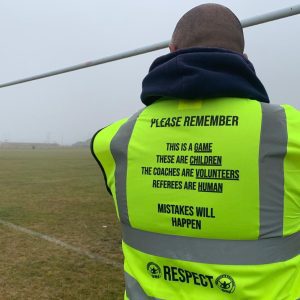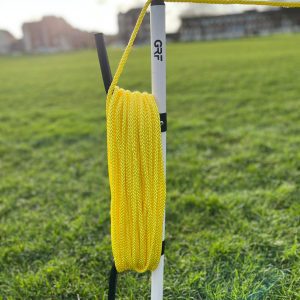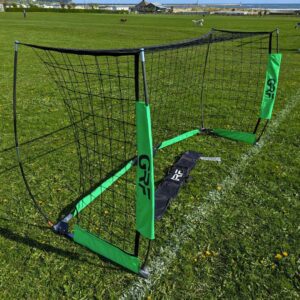During your children’s sporting careers, there will inevitably be times when your children lose some confidence in their ability, or their ability to carry out specific techniques and skills within their sport.
You will see a drop in their performance, probably a lack of ambition in their play as they play safe and a tentativeness that you are not necessarily used to seeing.
This can be caused by a number of different factors. These could possibly include,
- A new group and coach – your child may be worried about how they fit in
- Playing against bigger children – your child may feel intimidated
- Dropped from a team and worrying about if they are good enough
- Growth spurts – psychologically they know what to do, but are physically struggling as they retrain their body
- Parental influence – are you watching all the time? Does this add to the pressure?
- Emotional development – have they recognised the risk of potentially getting hurt?
As with many parts of sporting development, it is really important as parents and coaches that we are patient with the child athlete. Many of these phases are temporary and we should just be waiting for the athlete to come out of the other side.
So what can you do as a sporting parent to help support your child during this phase?
Don’t over talk and over analyse the issue
It can be tempting as a parent as we watch our children struggle, to start over analysing and over talking to our children about the issue. The reality is that children are not stupid and they will probably already recognise and be aware of the issue. By over talking the issue we run the risk of highlighting it even more and damaging their confidence even further.
Don’t tell them you are worried about their performance
Parental worry can often be interpreted by the child as a vote of no confidence. Expressing parental confidence engenders the child’s confidence.
Support all of the positive parts of their game
Find plenty of opportunities to praise all of the things that they have done well during training and matches, avoiding any negative connotations. As always try to focus your praise on hard work and effort.
Speak to the coach
Make them aware of the issue. This will allow them to make modifications in training to assist. They may be able to set up parts of the session where they can allow players to make mistakes without consequences, or set up games which rewards and encourages intent as opposed to the actual outcome.
Encourage your child to practise
Confidence is based on evidence and experience. By constantly working on skills or indeed areas of difficulty, they will know what they are capable of and in time will have more faith in their ability.
Focus on the now
Don’t remind your child of their past losses or previous struggles, focus on being positive so they can perform well today.
Love them
Tell them that you ‘love them’ and perhaps do it more than normal. We talk a lot about not defining our children on their sporting prowess, but during periods of difficulty this is even more true. Make them feel safe, focus on the many positive things they do and have going on in all aspects of their life. This will help heal some of those feelings of doubt they may have.
Children will all hit lulls during their sporting journey, you may feel that they even go backwards at times. However, please remember to be patient. The key success for us as parents and coaches should be that our children want to keep coming back week after week, playing with smiles on their faces. Our approach, particularly during periods of adversity is crucial in helping to fuel this process.
Guest article courtesy of Gordon Maclelland from Working with Parents in Sport, find out more HERE https://www.parentsinsport.co.uk/








0 Comments